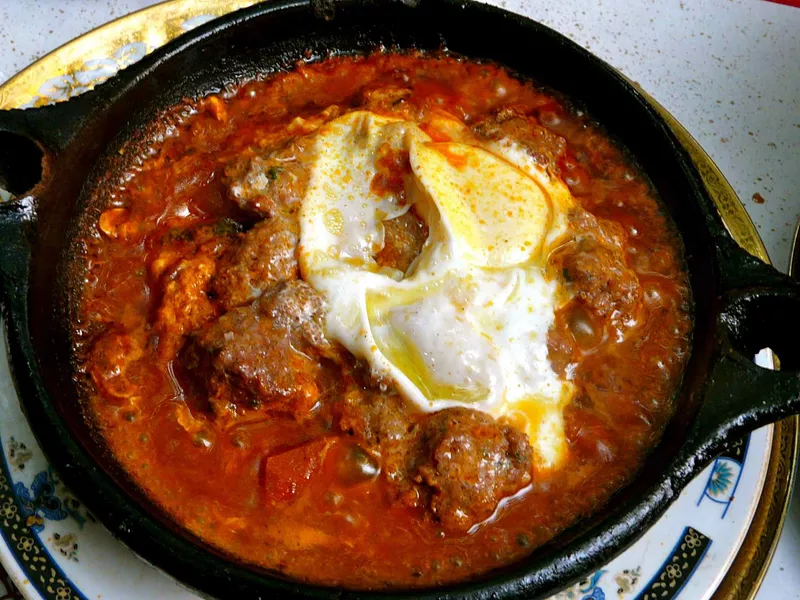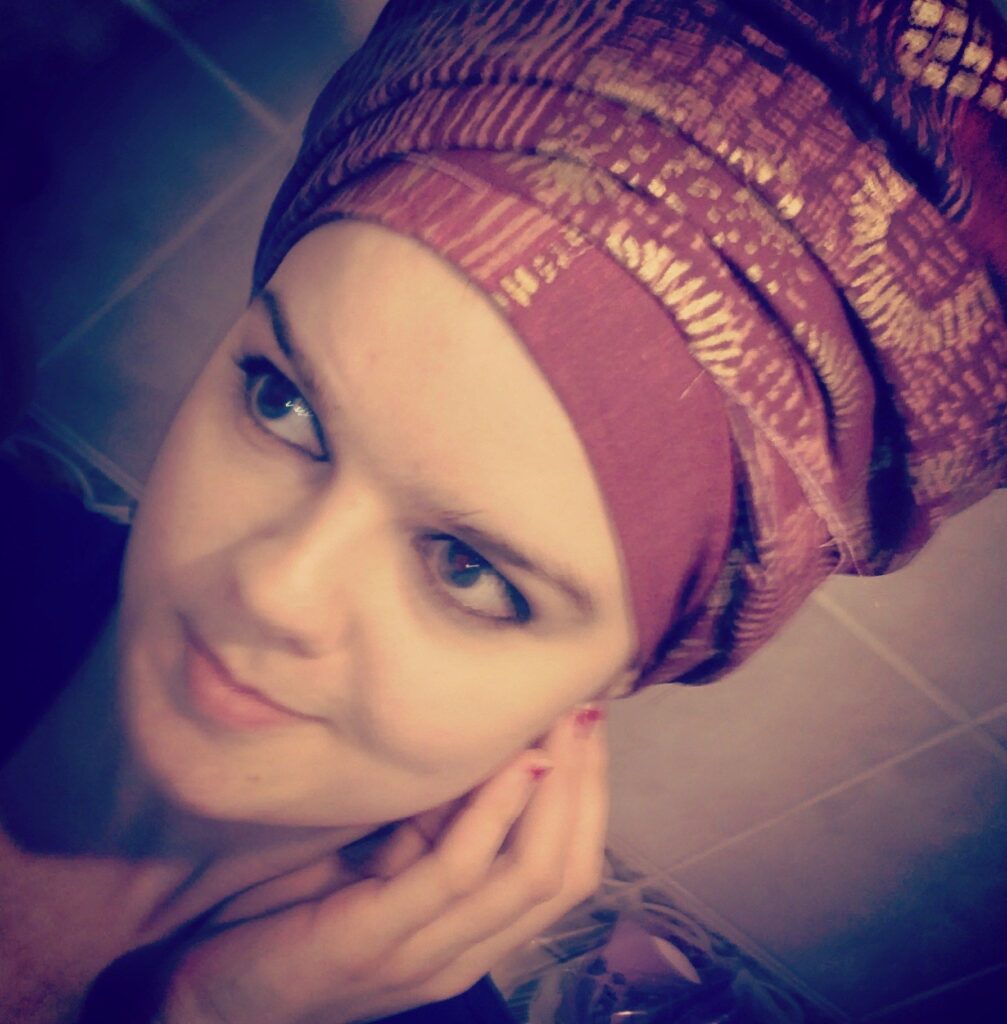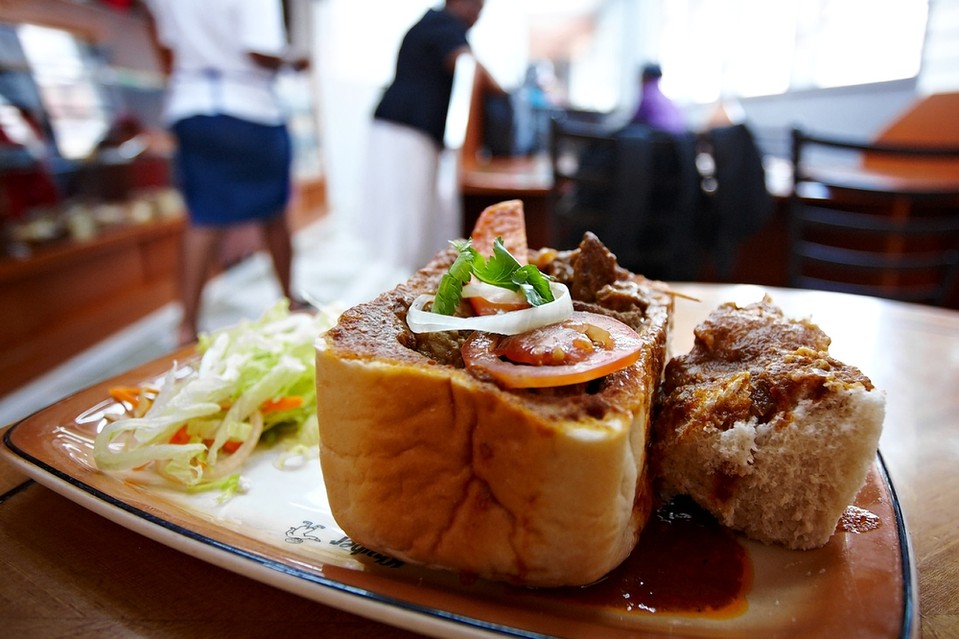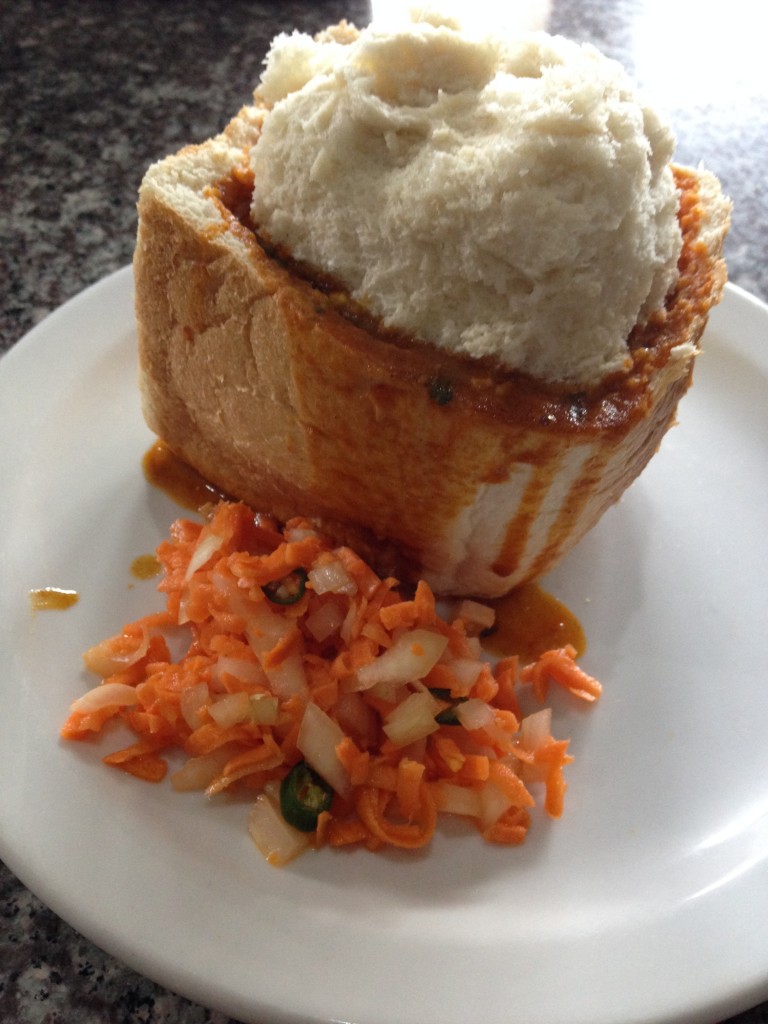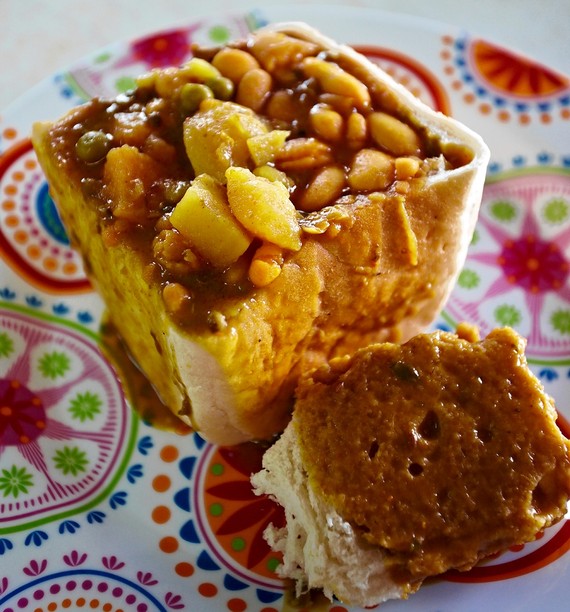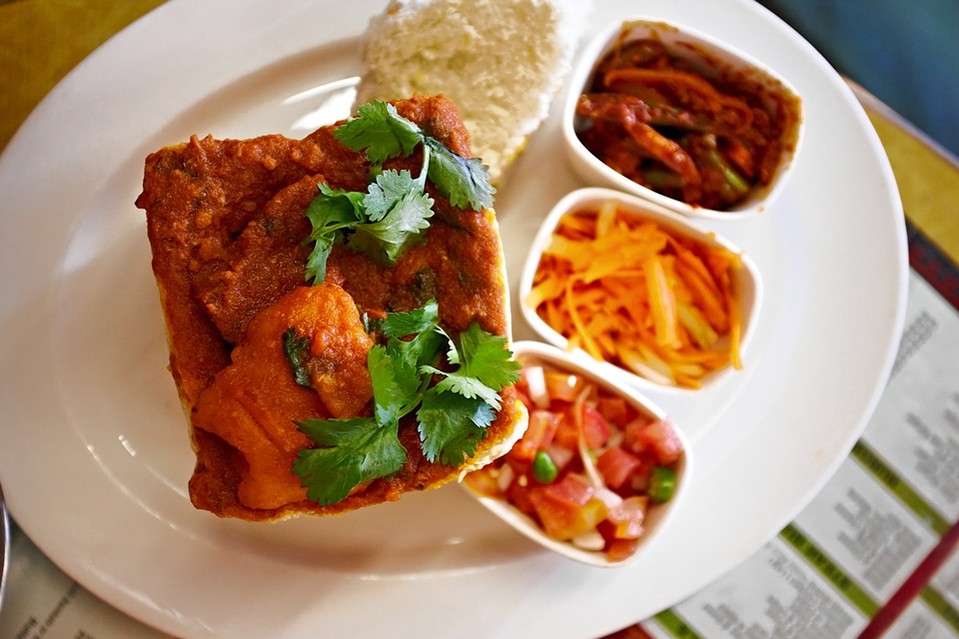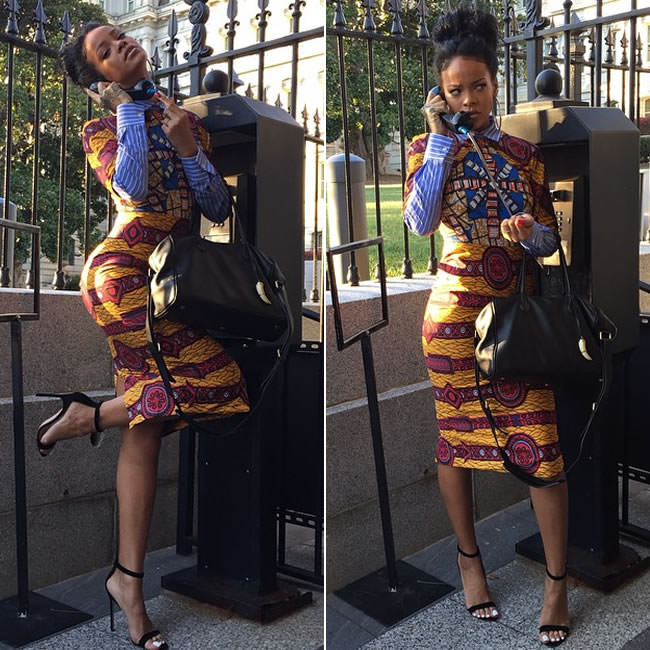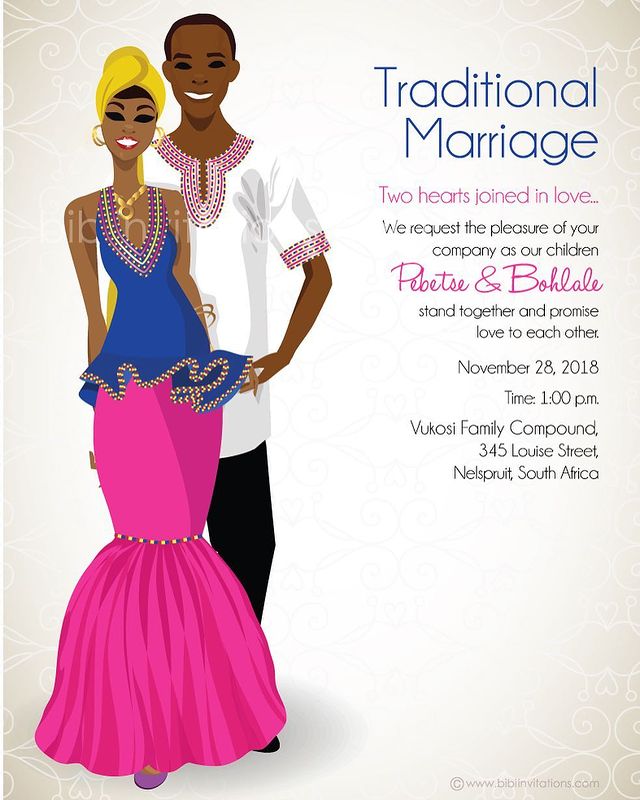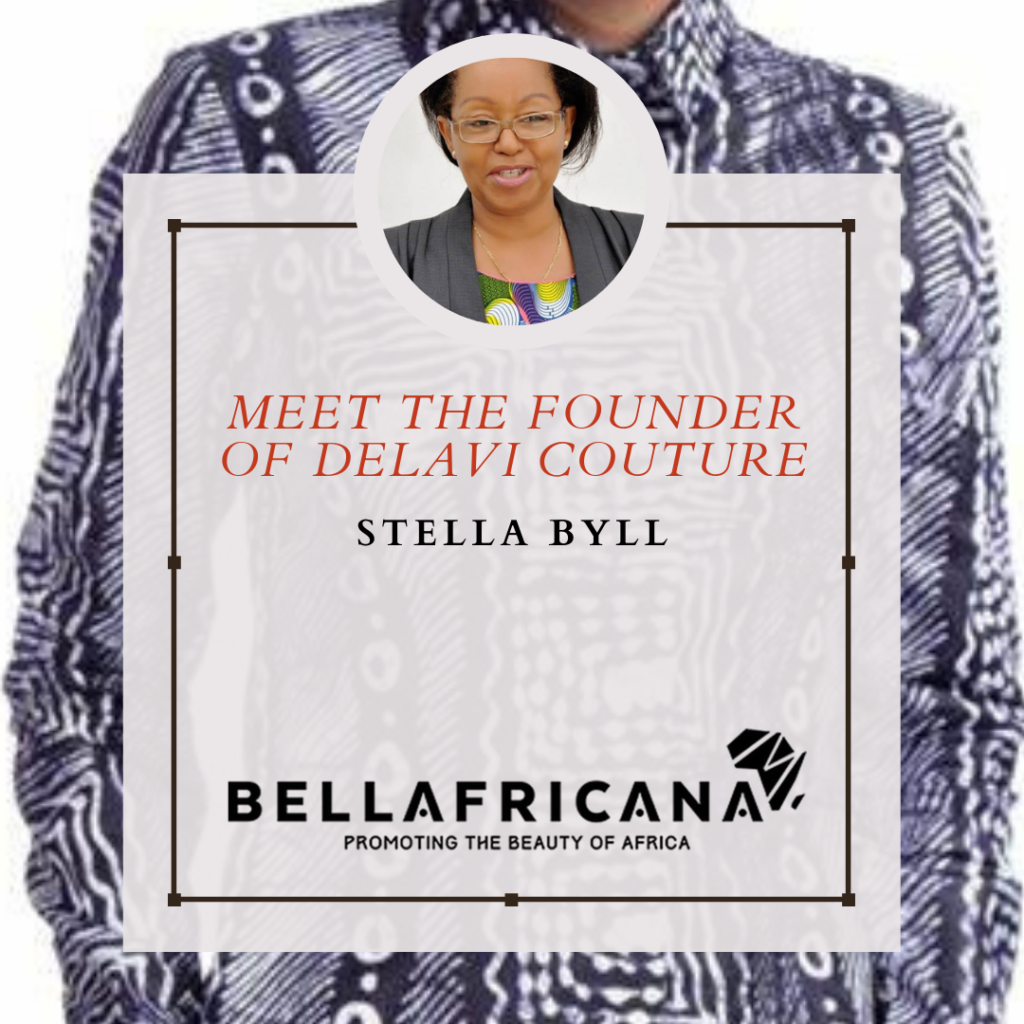Asilah is a popular seaside town just south of Tangier in Northern Morocco, with walls painted bright white and blue. Visitors in Asilah enjoy walking through the maize of streets in the old medina which has been meticulously restored. The ramparts built around the old town are in good shape, and perfect for sitting on to watch the sunset over the blue Atlantic ocean. The walls go straight down to the rocks and sea below, and offer great views of the fishing boats coming back after a day out at sea. A mile and a half south of Asilah lies Paradise beach, a wonderful wide stretch of sand, popular with local families and tourists from around the world.
With the building of the new port in Tangier, Asilah is actually a nice alternative to staying in the more gritty Tangier for your first or last night (if you come via ferry across the straits of Gibraltar). Asilah has a definite Iberian flavor to it, which makes sense once you realize the Portuguese took over town in the 15th Century and built several of the historic structures that stand today, like the ramparts. Some people who visit Asilah say it reminds them of Greece which probably has more to do with look of the white washed houses, than the fact that the Greeks ruled this area almost 1500 year
Asilah has an old part of town called the medina which has all the character you’re looking for as a tourist. Lovely cobbled streets, courtyards, carved doors, little shops and no traffic. The medina is located on some very high cliffs above the ocean. About a ten minute walk from the Medina, the “new town” is where you’ll find banks, ATM machines, restaurants, taxis, bus station, and more modern (read uglier) architecture. The rocks to the ocean are flatter here and you can see boats coming in, and life around the little port which is very nice to watch. Asilah is small enough to walk to all the attractions, the best beaches to the north and south of town require a short taxi ride. Asilah is known as an artist town, and attracts many creative types. Moroccan families come to Asilah during the summer months to escape the heat in the interior of the country.
Asilah’s Main Attractions
Shopping – the bazaars in Asilah are good value once you polish your bargaining skills. They are much more laid back than what you’d find in Tangier. So if you have special wishes, or would like to get something custom made, Asilah is a good place to do it.
Beaches – The best beach near Asilah is Paradise beach just 3km (1.5 miles) south of town. It’s very wide and great for building sand castles, taking a camel ride or picking up a game of soccer. You can take a taxi or even a caleche to get there (horse drawn carriage). There is also a good beach north from the medina, the further you walk the better the beach.
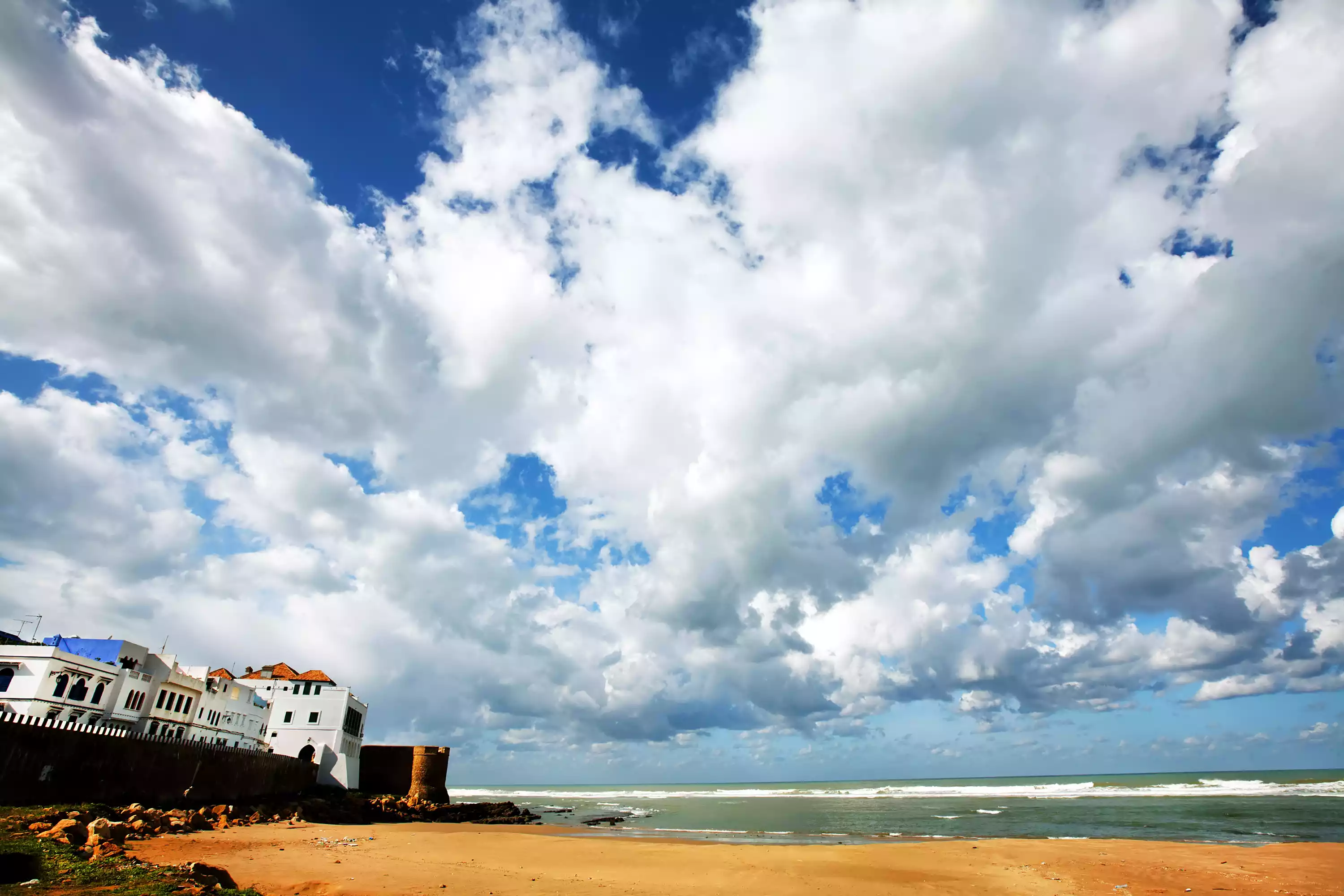
Medina – Asilah’s medina is clean, well kept and wonderful to stroll around. You enter via one of the two main gates – Bab el-Kasaba and the Bab el-Homar. Just walk until you get lost, that’s generally the best way to experience it. You can always ask a local shopkeeper the way to one of the gates.
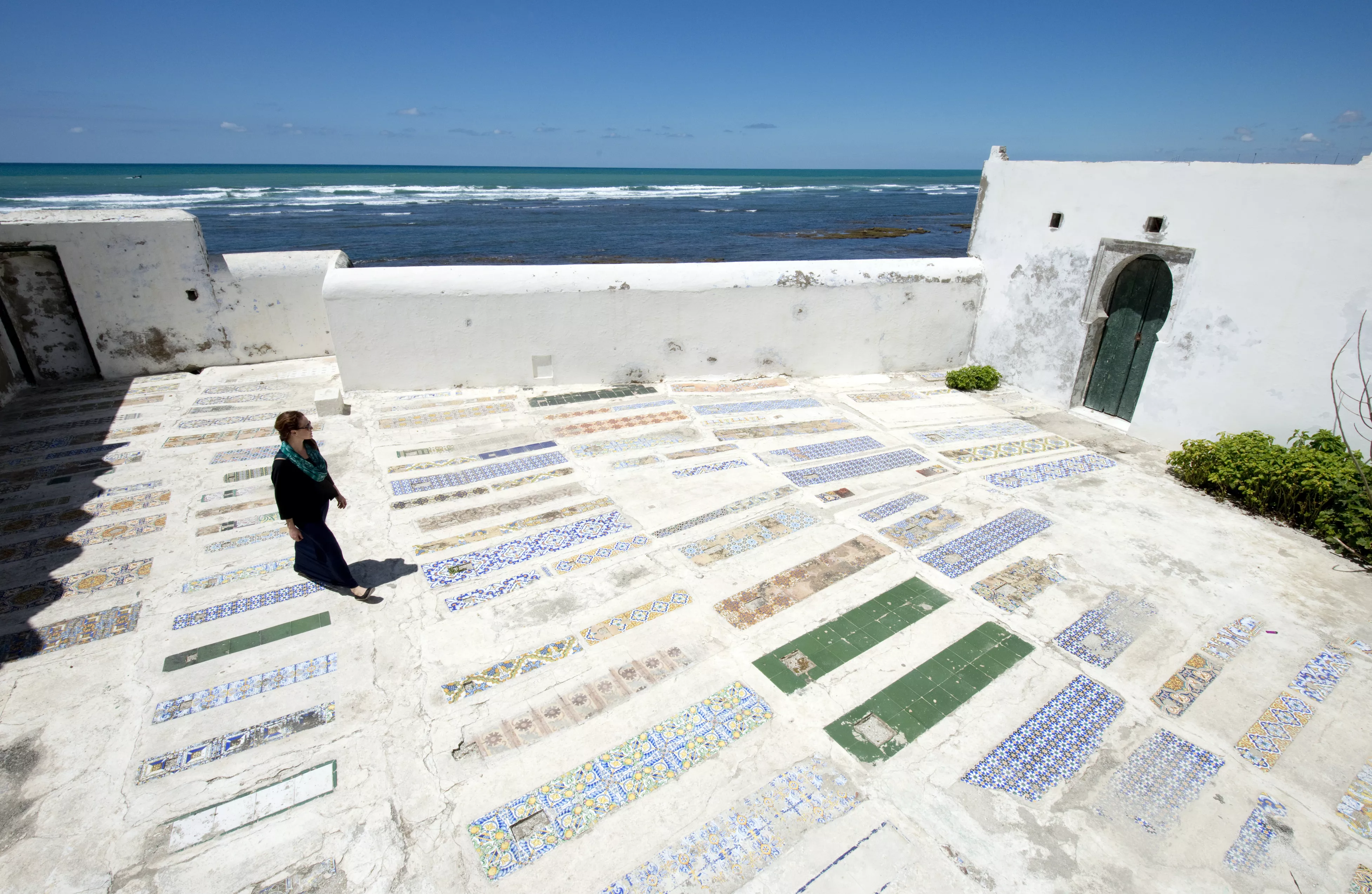
The Ramparts – the best place to watch the sunset is by taking a stroll along the ramparts in Asilah. It’s also where you can take the photo of town you see above. The ramparts were built by the Portuguese more than 500 years ago but have been restored many times since then.
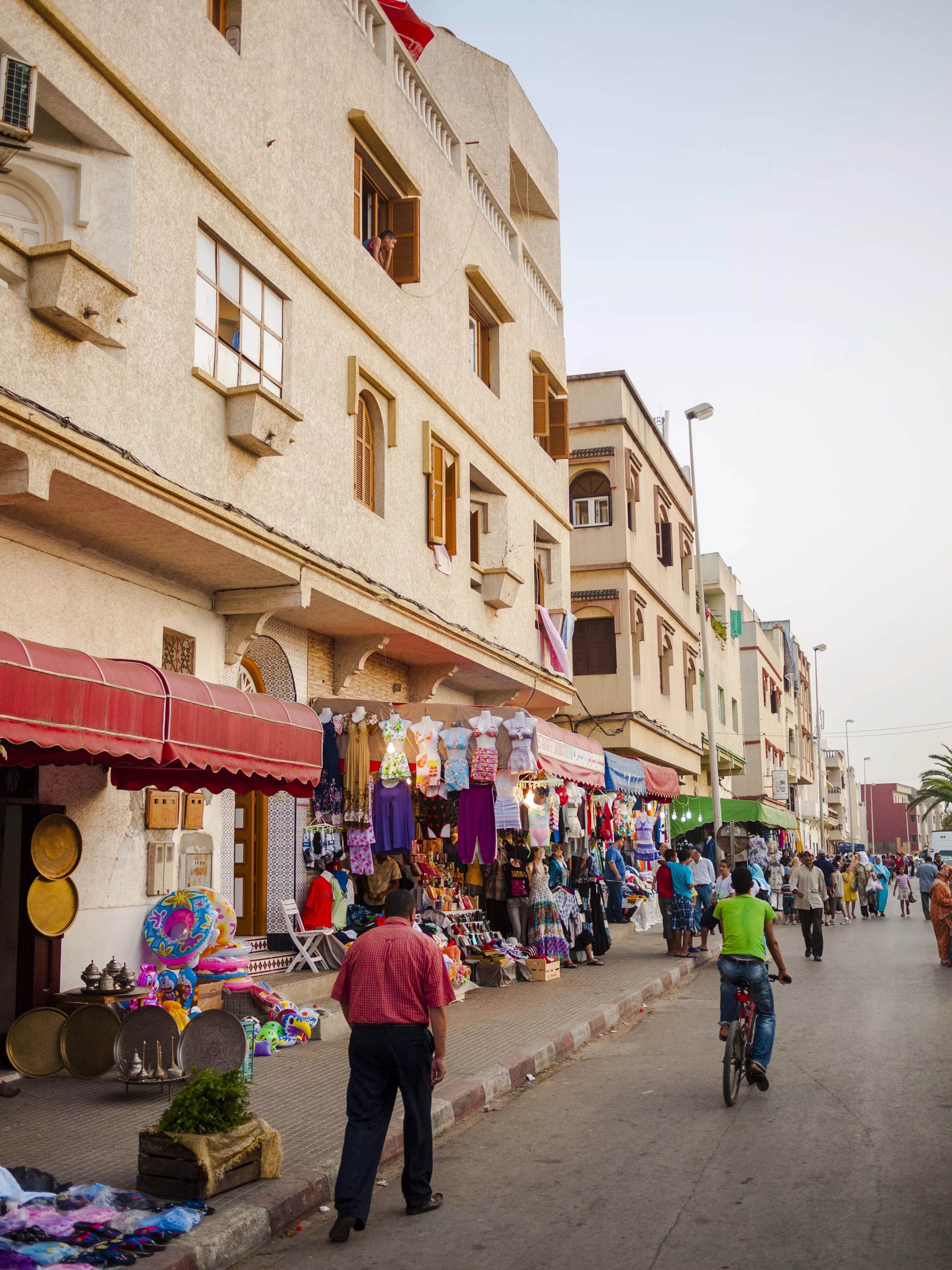
Wall Paintings -Asilah has attracted artists for many years and they have left their colorful mark on walls in and around the medina. These wall paintings are sometimes commissioned and always celebrated every July/August during the annual Asilah Cultural Festival. The walls close to schools in the medina are particularly lovely and whimsical.
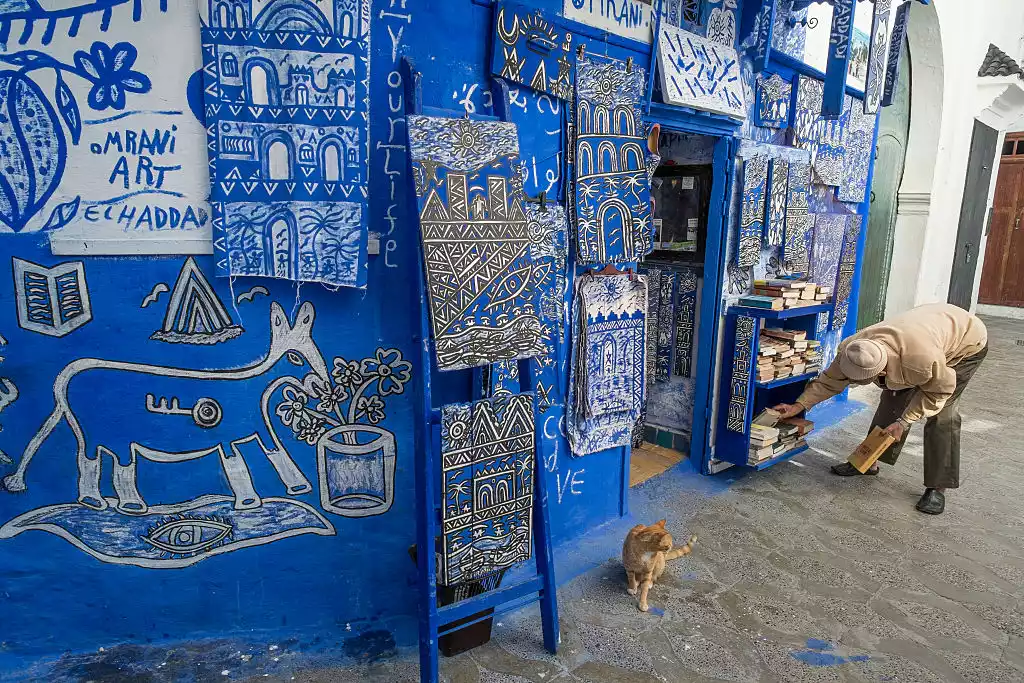 Where to Eat in Asilah
Where to Eat in Asilah
Fresh fish dishes are delicious in Asilah and other Moroccan specialities over the grill are widely available. There are some decent fish restaurants along paradise beach and good places to eat along the ramparts.
Where to Stay in Asilah
I like to stay in a Riad, Kasbah or tent when in Morocco, and Asilah has plenty of nice Riads to choose from in or close to the medina. You shouldn’t miss out on the intimacy of just a few rooms, rooftop terraces and a friendly staff that are the hallmarks of a good Riad. Favorites include: Dar Manara, Hotel Dar Azaouia (book the rooftop room), and Christina’s House (more budget) .
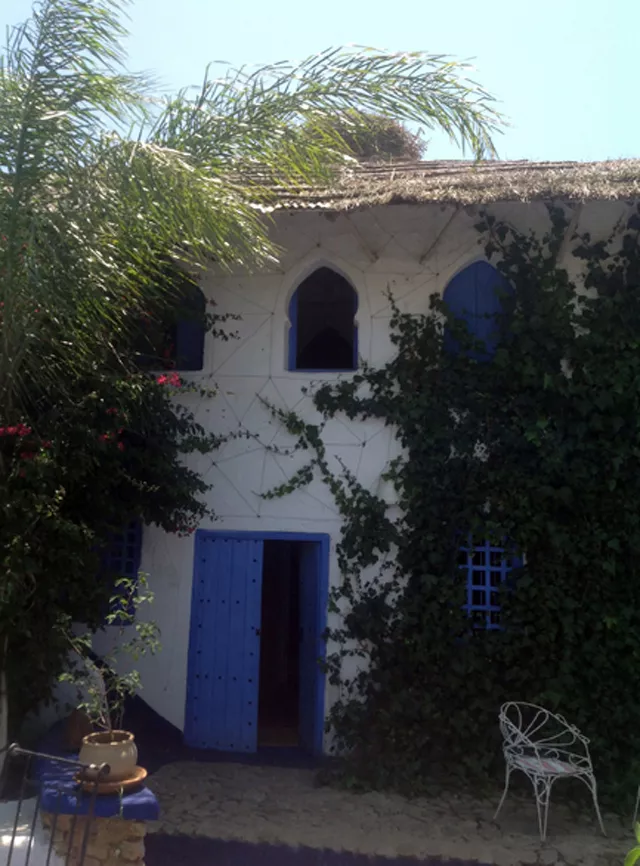
A little out of town, in the countryside is the peaceful Berbari Guest House, perfect if you are looking to get away from it all. If you prefer a hotel, check out Al Alba, the restaurant there is also very good. Finally, if you’d like to rent your own villa/house for your family or group of friends for a week, check out these great options.
Best Time to Visit Asilah
If you want to enjoy the beach, the summer months (June – September) are the best time to visit, since the ocean is warm. This is the peak time for tourists, both local and foreign so there’s a festive atmosphere in town. August is when the annual Cultural Festival and is well worth experiencing. Do book your hotel in advance if you plan on visiting during the summer months. Winter (December – March) can be quite chilly this far north, combined with the sea breeze, be prepared to bring a good coat.
Getting To and Around Asilah
Asilah is 20 minutes away from Tangier airport, and about half an hour drive from the new Med port in Tangier. Taxis will take you from either port of entry. More about Ferries to and from Spain
You can also get to Asilah by train, from Tangier, Casablanca, Fes or Marrakech. It takes 4 hours from Casablanca to Asilah and trains leave every two hours during the day. From Marrakech to Asilah takes around 8 hours with a change of trains in casablanca (Voyageurs). From Tangier it takes just 40 minutes and trains leave every two hours. More about train travel in Morocco…
Long distance buses also stop in Asilah, check in with the CTM offices or Supratours offices for an up to date schedule when in Morocco.
Getting around Asilah is easy on foot in the medina, or by shared taxi, caleche or mini taxi. There is never a shortage of transport but bargain when necessary and find out from local folks what a reasonable fare might be to get from A to B.
Culled from: http://goafrica.about.com/

